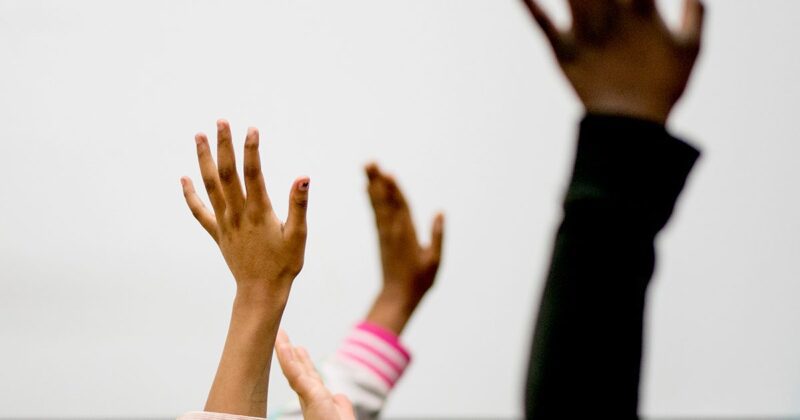This column first appeared in Amjambo Africa, a print and digital publication that serves new immigrants to Maine. It is republished with permission.
The education system in Maine unfortunately fails many immigrant children, and both the school system and parents are to blame.
Compared with schools in the countries of origin of most immigrants, Maine’s school systems have abundant resources to offer. Yet many immigrant parents do not access those resources on behalf of their children. This is at least partly because our educational system does not invest enough resources into orienting immigrant parents about how school systems work here in Maine, so many parents are just not aware of all the resources available to help their children succeed. And they do not realize how different the education system is here from what they are used to.
I grew up in DR Congo, but became a father here in Maine, and I can bear witness to how different education is here than it was for me in my childhood, and how disorienting this is for parents. When my kids began attending school, I learned that my children’s success would depend a great deal on how involved my wife and I were in their education – supporting children with their homework, and attending parent-teacher conferences, for example. The more time and resources we invested in our children’s lives, and in connecting with their schools, the better the outcome would be, we were told.
But such expectations of parents do not exist in DR Congo. Parents are not expected to attend events at their children’s school, help with homework, or participate in meetings with teachers. There teachers play two roles — that of both teacher and parent. Teachers are free to make decisions on behalf of students without consulting parents — and this is expected. For example, if a student does something wrong that requires a reprimand, teachers correct the student. In the U.S., on the other hand, teachers expect parents to be involved in responding to behavior that happens in school.
Recently, I had a chance to talk with Michelle Amato, an educator in the Portland Public Schools. She observed that many immigrant parents clearly want nothing more than to help their children succeed, but simply don’t know what is required of them. She suggested that a community liaison be hired for each school – someone based at the school who serves to engage parents and make sure their kids have all the support they need.
I have three kids, ages 14 years, 10 years, and 8 months. Over the course of my 14 years of parenting, I have realized that parenting requires me to know each child’s strengths, challenges, aspirations — and how to fully access the resources available to support them. Developing an effective support system in a new country is not easy, and requires serious commitment.
In my home country, extended family as well as community support systems are very reliable. People actively look out for each other on a daily basis. And parents and teachers all know each other and can easily communicate and find solutions to any challenges a student may have. The famous saying “it takes a village to raise a child” is a way of life in Congo. Here in Maine, a parent needs to seek out available resources on their own. This is very foreign to many immigrants, who may not know where to begin.
But it is important to know that school personnel in Maine do want to help children succeed, and they have resources to accomplish this. Parents are encouraged to reach out to guidance counselors, teachers, and administrators for help. Schools want and expect parents to do this. And interpreters are available in many schools, either on-site or through language lines.
Meanwhile, school personnel would do well to realize how different the education system may be in the home countries of their students – and try to go the extra mile to show parents how to get involved and help their child succeed. But overworked educators may just not have the capacity to be able to do more than they are already doing. This is where the school liaison position would be important.
My hope is that all parents — including immigrants — will realize they need to make time in their busy lives to be available for their kids. And that the education system will rise to the occasion and develop more systems for helping parents. Because we cannot afford to fail the children. The education of our children should not be thought of as an expenditure, but rather as an important investment for which society can expect a great return.




